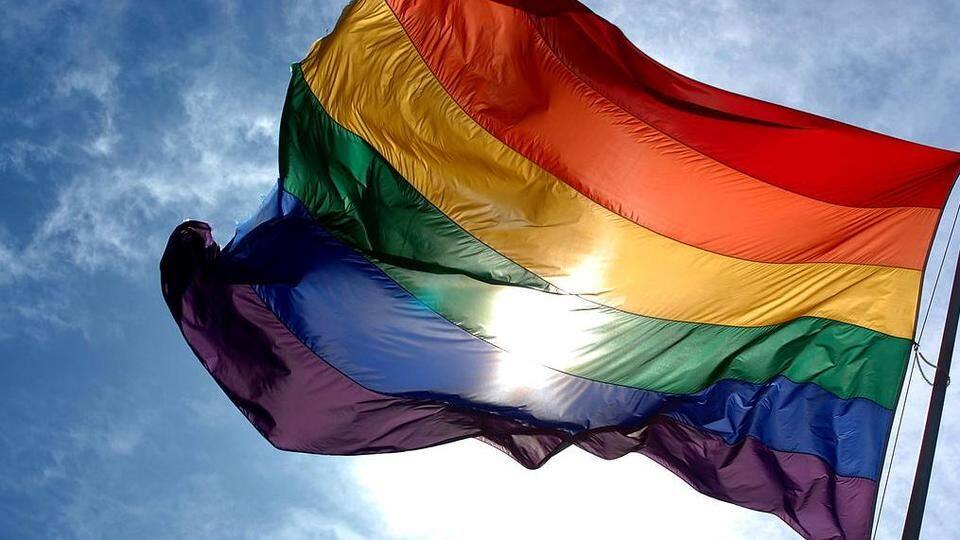
Decriminalizing homosexuality: When archaic laws weigh down a young nation
What's the story
In yet another crime stemming from deep homophobia and stigma surrounding homosexuals in India, an 18-year-old girl bludgeoned her mother to death in Ghaziabad last week because she didn't approve of her same-sex relationship with her 35-year-old teacher.
It could have been prevented had there been more awareness around homosexuality in India, more empathy, inclusiveness, support and no IPC Section 377.
Explained
What is Section 377?
Section 377 of the Indian Penal Code was introduced during British colonial rule in 1861. It criminalizes any sexual activity considered "against the order of nature", including anal sex, oral sex, penile penetration of "artificial orifices" and "penile-non-vaginal sexual acts".
If convicted, a person can be imprisoned for life or for a term up to ten years, and a fine.
Under consideration
India is yet to make up its mind on homosexuality
In 2009, the Delhi High Court decriminalized homosexuality but the Supreme Court overturned the verdict in 2013, making it a punishable offense once more.
The matter again reached the apex court in January 2018 when five LGBT members petitioned against Section 377. As the SC awaits the Centre's response on it, a larger bench is expected to decide on its constitutional validity.
Hate crimes
Homosexuals make for easy targets
Being a homosexual in India is dangerous. The instances of homophobic hate/abuse are countless.
In 2014, the wife of a 32-year-old Bengaluru engineer secretly taped him having sex with a man and got him arrested.
In another, two men forced a 31-year-old gay marketer to perform oral sex on them in a Mumbai public toilet in 2015. They also exhorted Rs. 15,000 from him.
Way forward
Of restricted freedoms, human rights violations in a free nation
Decriminalizing homosexuality will not just give gays legal cover and social acceptance, it'll also legitimize same-sex crimes. Yes, men can be raped too.
It will give the LGBT community the respect, space and understanding it needs to integrate within the mainstream and live a full life.
Though sensitization and systemic changes are also needed, doing away with Section 377 is the first step forward.
Long overdue
India needs to break open its closet, this time forever
With recent landmark judgements - right to privacy, banning triple talaq and including a third gender (trans people) - India has taken great strides towards a more inclusive tomorrow.
Homosexuality is no disorder/disease or a temporary inclination. It's a way of life. Indians would accept it once the law does.
Australia legalized same-sex marriage last December. It's time India breaks open its closet too.